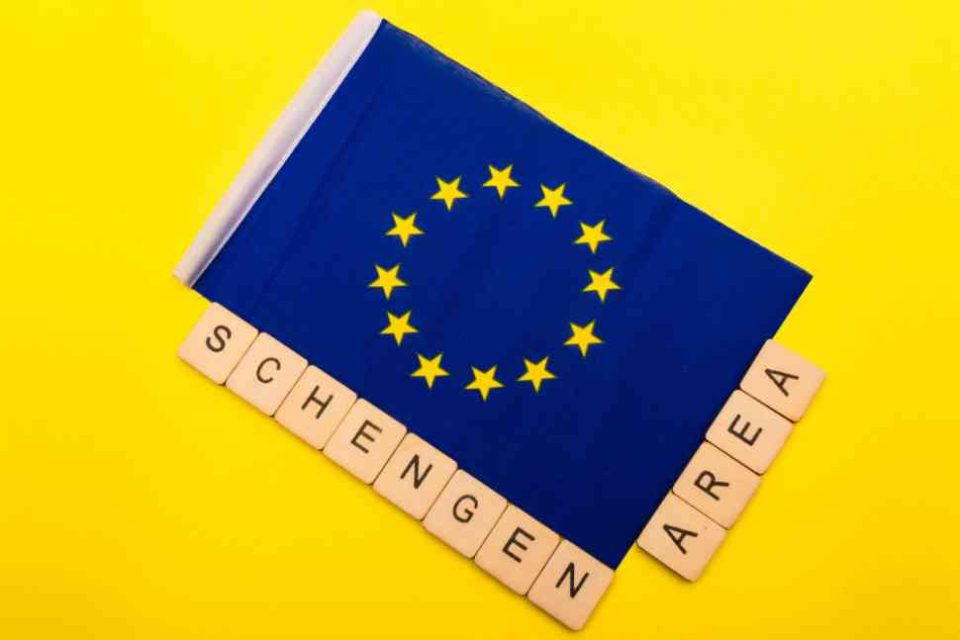Things CBI Investors Should Know About The Schengen Area

Citizenship by Investment (CBI) schemes have become increasingly popular among investors. High Net Worth Individuals (HNWIs) and Ultra HNWIs find these schemes lucrative investment opportunities and lifestyle choices. Quite frequently, these schemes allow wealthy individuals to save taxes and indulge in unaccountable practices for which these schemes remain under the international scanner. Nevertheless, these schemes establish a reciprocal relationship in which the investor gets citizenship benefits in exchange for investment in the country.
Many popular destinations worldwide attract a sizable number of applications every year. These applicants are usually concerned about visa-free or visa-on-arrival access to other countries. A country’s passport is deemed strong and useful if it allows access to certain notable favorites, including the Schengen Area. The Schengen Area is a region with no border controls and passport requirements and comprises 26 European nations. But is that it? Of course, Let us see why this particular political and economic arrangement among these countries has global implications.
-
Okay, come again, what is it?
Born out of the namesake 1958 agreement and a 1990 convention in the namesake region in Luxembourg, the Schengen Area, consists of 22 states of the European Union (EU) and four states of the European Free Trade Association (EFTA). As a result, passport and border controls have been abolished for the nationals and residents of these member states. -
The participating countries
Noted above, 22 EU countries are part of the Schengen Area: Austria, Belgium, Czechia, Denmark, Estonia, Finland, France, Germany, Greece, Hungary, Italy, Latvia, Lithuania, Luxembourg, Malta, the Netherlands, Poland, Portugal, Slovakia, Slovenia, Spain, and Sweden.
Then comes non-EU member states, but EFTA member states Iceland, Liechtenstein, Norway, and Switzerland.
Three microstates–Monaco, San Marino, and Vatican City – are regarded as de facto member states of the Schengen Area. These microstates operate open borders with their neighbors. Certain countries, such as Cyprus, Romania, and Croatia, are bound to join in the future. -
What kind of Schengen Visas are there
Four types of visas are issued for travel to the Schengen Area:
-
- Airport transit visa: A permit issued to facilitate a change of flights at a Schengen airport.
- A Transit Visa is valid for five days.
- Uniform short-stay visa: allows staying for a period of fewer than 90 days. The purpose of this visa is for tourism, business, and study.
- Long Stay Visas for more than 90 days.
-
Benefits of the Schengen Area
Plenty of benefits are associated with the Schengen Area. These benefits include:
-
- A common visa policy does away with the requirement to apply for a separate visa for every country to visit. Now, a single visa offers access to all the member countries.
- Inter-country information exchange is in place that allows sharing of police controls.
- Strengths external borders and ensure smooth internal border controls.
- The designation of the area resulted in reducing the cost of trade.
- Countries part of the area have in place a stable political order, economic opportunities, and a high standard lifestyle.
-
Countries offered exemption
Aside from the member countries of the Schengen Area, several countries have extended exemptions. These include Australia, Albania, Antigua & Barbuda, Brazil, Costa Rica, Chile, Canada, Barbados, Bahamas, Malaysia, Mexico, Montenegro, Monaco, Kitts and Nevis, South Korea, New Zealand, and the United States of America.
Investors interested in the Schengen Area should consider CBI schemes offered in the Schengen Area (as of now, only Malta offers such a scheme) and outside the area having access to the Schengen.
Have you read?
Countries With The Most Billionaires, 2023
Add CEOWORLD magazine to your Google News feed.
Follow CEOWORLD magazine headlines on: Google News, LinkedIn, Twitter, and Facebook.
This report/news/ranking/statistics has been prepared only for general guidance on matters of interest and does not constitute professional advice. You should not act upon the information contained in this publication without obtaining specific professional advice. No representation or warranty (express or implied) is given as to the accuracy or completeness of the information contained in this publication, and, to the extent permitted by law, CEOWORLD magazine does not accept or assume any liability, responsibility or duty of care for any consequences of you or anyone else acting, or refraining to act, in reliance on the information contained in this publication or for any decision based on it.
Copyright 2024 The CEOWORLD magazine. All rights reserved. This material (and any extract from it) must not be copied, redistributed or placed on any website, without CEOWORLD magazine' prior written consent. For media queries, please contact: info@ceoworld.biz
SUBSCRIBE NEWSLETTER








